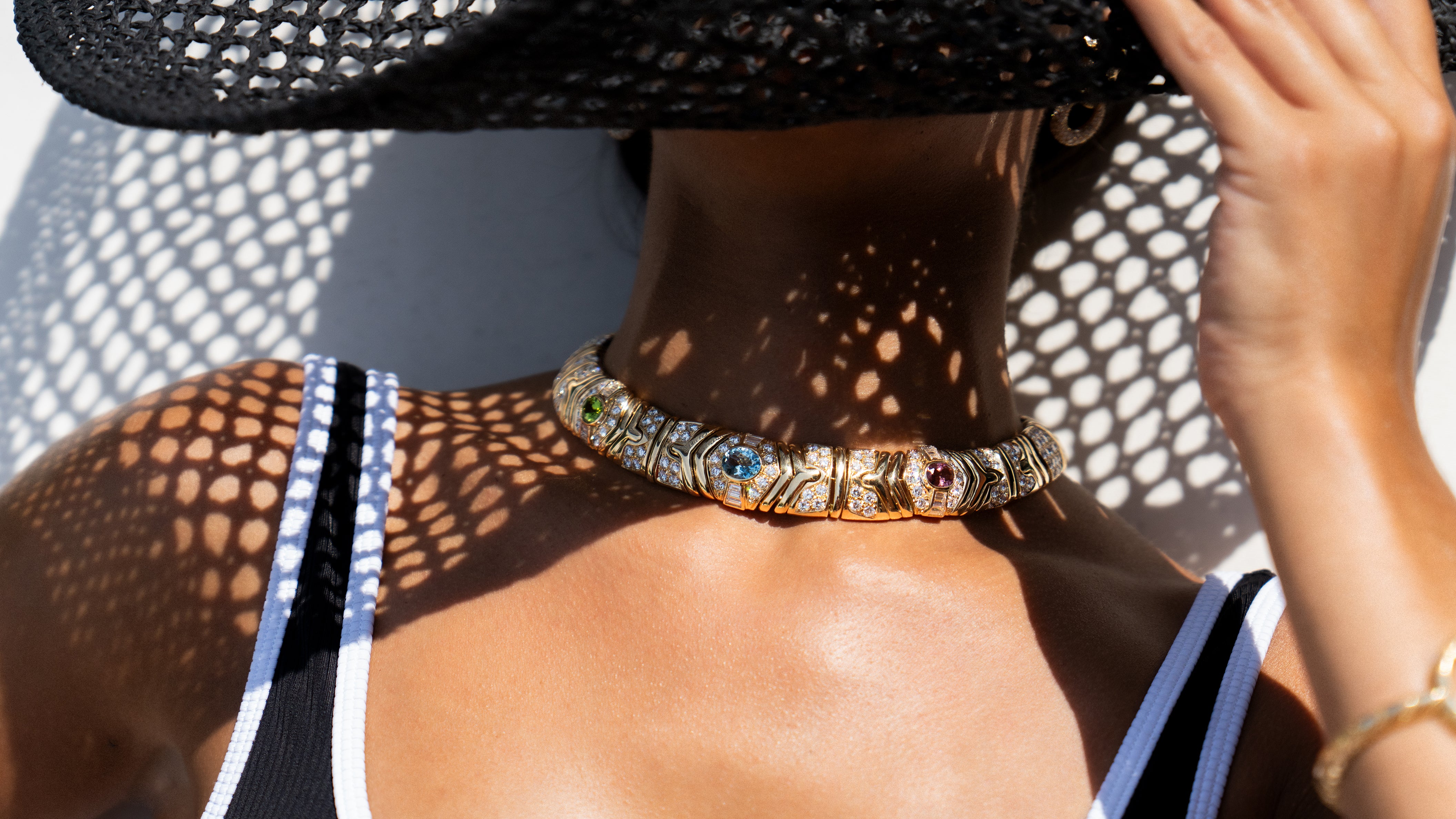Lacloche Frères
When it comes to making jewelry, it seems as though many of the original firms started as family businesses. Often generations or siblings worked together, and the European firm of Lacloche Frères is a prime example.
In the Beginning
The actual start date for Lacloche Frères is up for debate, but the fact remains that the four Lacloche brothers – Fernand, Jacques, Jules, and Leopold, founded it in the late 1800s or early 1900s. Their father had been in the textile trade, and each of the brothers dabbled in various entrepreneurial pursuits in Spain and France. In 1900 brother Jacques died suddenly in a train crash, and the three remaining brothers regrouped to formally start Lacloche Frères as a Spanish jewelry house in 1901.
From the beginning, the brothers of Lacloche Frères dedicated themselves to only producing the finest pieces. They worked with the best designers, suppliers, and workshops to maintain and build their reputation for remarkable craftsmanship and creative designs.
The Expansion Takes Shape
In 1904 Lacloche Frères acquired the collection of London Jeweler Edwin Streeter. The purchase included the famed Agra Diamond, which was a stunning rose pink diamond that the brothers decided to auction at Christie's the following year. By 1908 Lacloche Frères had 7 European locations, which included salons in Madrid and London.
During WWI, the brothers purchased Faberge's London store and their remaining stock. The personnel at Faberge were forced to return to Russia, which opened up the opportunity for Lacloche Frères to make the purchase. In 1920, the son of Jacques Lacloche, who was also named Jacques, was entrusted to run the London business.
Frères Style
As far as their artistry, in a time when other jewelry houses were concentrating on the Art Noveau period, the Lacloche Frères pieces remained a more classic style. They often featured diamond and gemstone set designs while others were crafting more contemporary pieces.
Not to be left out of the then modern scene, in the '20s and '30s Lacloche Frères produced some of the most beautiful Art Deco style pieces, which weren't limited to wearables. They created unique fine jewelry for women, including tiaras, diamond bracelets, timepieces, and gem-set jabot pins. Yet, Lacloche Frères was also known for lacquered and enameled cigarette cases, inlaid clocks, and vanity cases set with precious stones. They also collaborated with several other designers – Verger, Constantin, Verger, and enamel artist Paillet – to create a stunning pendant watch.
At the 1925 Paris Exposition des Art Decoratifs, they debuted a collection based on fables. Their display won a coveted Grand Prix award at the exposition, and their fable-inspired pieces quickly gained in popularity.
The Crash of 1929 and Beyond
As with many family-owned businesses, the crash of 1929 had a significant effect on Lacloche Frères, as people were not concentrating on purchasing luxury items. The firm filed bankruptcy in 1931, and the Lacloche Frères stores closed in 1935. Jacques – son of the original brother Jacques – opened a Lacloche Frères store inside of the Carlton Hotel in Cannes, and in 1938 he opened a store in Paris under the name SARL Jacques Lacloche.
Jacques had a fair amount of success, and his clientele included Prince Rainier, who commissioned a diamond and sapphire brooch as a wedding present for Grace Kelly. The firm officially closed in 1960, yet the Lacloche Frères legacy and pieces live on in the real estate market and continue to delight collectors today.
